-
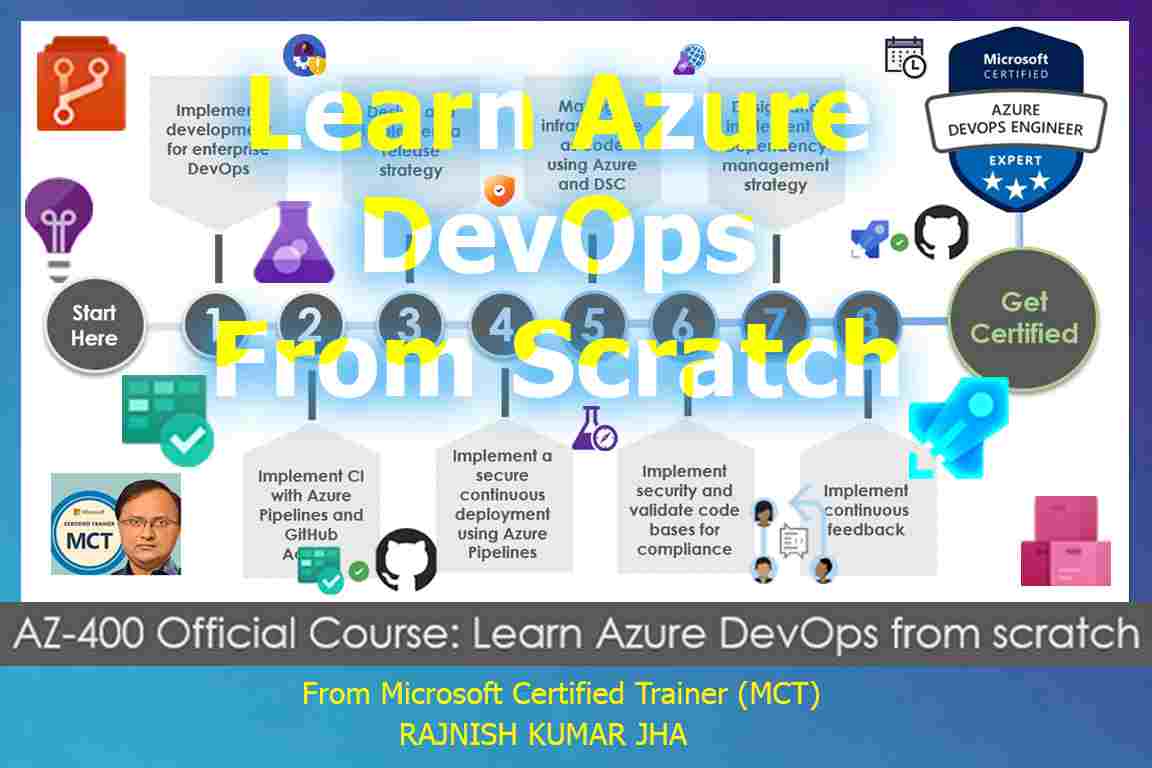
Learn about Job Types in Azure DevOps
Learn about Job Types in Azure DevOps Azure DevOps supports different job types in pipelines to enable flexible and efficient CI/CD workflows. Each job type serves a specific purpose, allowing teams to execute tasks in diverse environments and scenarios. Here's an overview of the job… [ Read More ]
-

Learning about the Agents in Azure Pipeline: Microsoft-hosted, Self-hosted
Learning about the Agents in Azure Pipeline: Microsoft-hosted, Self-hosted Azure Pipeline agents are a key component of the Azure DevOps CI/CD workflow. They run build and release jobs defined in pipelines. Azure offers Microsoft-hosted and self-hosted agent types to suit different project needs. 1. Microsoft-Hosted… [ Read More ]
-

Learning Key Terminologies in Azure Pipelines
Learning Key Terminologies in Azure Pipelines Azure Pipelines incorporates various terms and concepts to structure and automate the software delivery lifecycle. Here’s a detailed overview of these terms. 1. Agent An Agent is a machine (physical or virtual) that executes the tasks defined in a… [ Read More ]
-

Describing Azure Pipelines
Describing Azure Pipelines Azure Pipelines Azure Pipelines is a cloud-based service within the Azure DevOps suite designed for continuous integration (CI) and continuous delivery (CD) of applications. It enables developers to build, test, and deploy code efficiently across any platform, language, or cloud. Azure Pipelines… [ Read More ]
-

Mastering Azure DevOps Pipelines
Mastering Azure DevOps Pipelines Pipelines in DevOps are automated workflows that manage the processes of building, testing, and deploying software applications. These pipelines are the backbone of Continuous Integration (CI), Continuous Delivery (CD), and Continuous Deployment (CD). Each stage of the pipeline focuses on improving… [ Read More ]
-

Exploring Pipelines in Azure DevOps
Exploring Pipelines in Azure DevOps Pipelines in DevOps refer to automated workflows that encompass the processes required to build, test, deploy, and deliver software. They are a cornerstone of modern DevOps practices, enabling continuous integration, continuous delivery (CI/CD), and infrastructure automation. Pipelines ensure consistent, repeatable,… [ Read More ]
-

Learning Path review questions: LP01
Learning Path review questions 1. What are two types of branching in Git? In Git, branching allows you to work on different parts of your project simultaneously without affecting the main codebase. There are many ways to branch in Git, but two common types of… [ Read More ]
-

Planning effective Code Review Techniques and Tools
Planning effective Code Review Techniques and Tools Code reviews are a critical part of the software development process, ensuring code quality, consistency, maintainability, and reducing the likelihood of bugs or vulnerabilities. A well-planned code review process promotes collaboration, improves team productivity, and supports a culture… [ Read More ]
-

Learn how to enhance the security of hosted code using GitHub Advanced Security (GHAS)
Learn how to enhance the security of hosted code using GitHub Advanced Security (GHAS) GitHub Advanced Security (GHAS) is a suite of tools and features designed to enhance the security of code hosted on GitHub. It provides developers with advanced security capabilities, enabling proactive management… [ Read More ]
-

Learn how to integrate code quality tools in DevOps: NDepend, Resharper Code Quality Analysis
Learn how to integrate code quality tools in DevOps: NDepend, Resharper Code Quality Analysis Integrating NDepend and ReSharper Code Quality Analysis into your development workflow enhances code quality, detects potential issues early, and improves overall maintainability. Both tools provide deep insights into code structure, complexity,… [ Read More ]
DevOps, Cloud, Azure resources & blog
Category: Azure DevOps
All resources required to kick start your DevOps journey on Azure
Featured Courses

Rajnish Kumar Jha
MCT, MCSA, MCSE, MCAD, MCPD, MCTS, MCSD
My name is Rajnish Kumar Jha. I am Technical architect on Azure Cloud and .NET since 21+ years. I’ve worked for pioneer companies and as freelance trainer/consultant helping my clients to achieve their IT goals.
I find blogging, a great way to share back what I’ve learned all through my professional journey. You are welcome to connect or share feedback/suggestion here or through an email.
My MCT card (Microsoft)
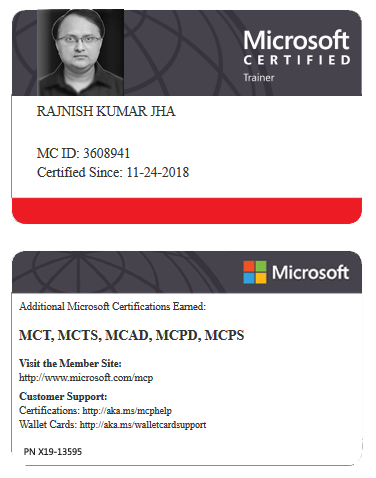
My Certifications
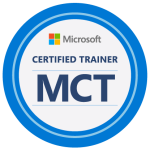
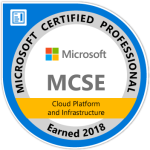
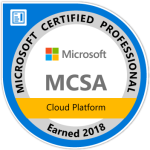
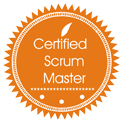
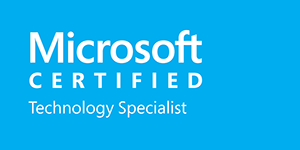

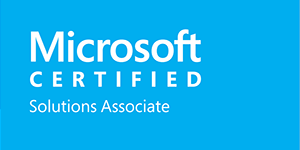
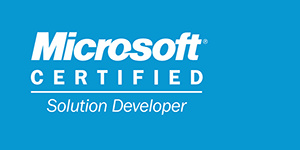
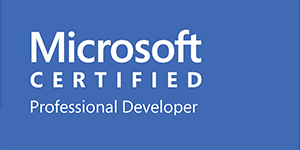

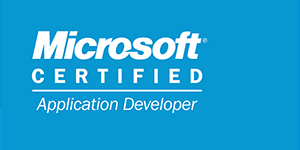
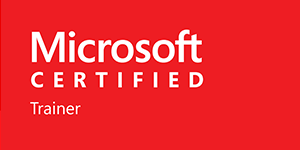
Popular Posts
Stay Connected
Unlock the full potential of Azure Cloud with me
– Your trusted guide to Azure mastery!
SUBSCRIBE
My newsletter for exclusive content and offers. Type email and hit Enter.
No spam ever. Unsubscribe anytime.
Read the Privacy Policy.





